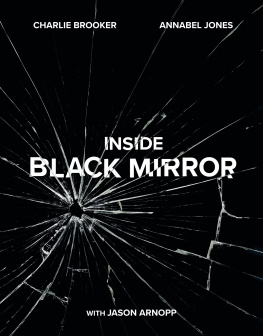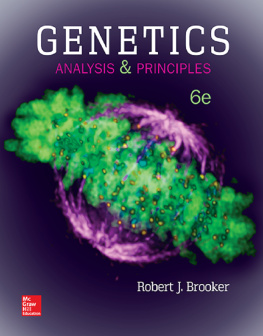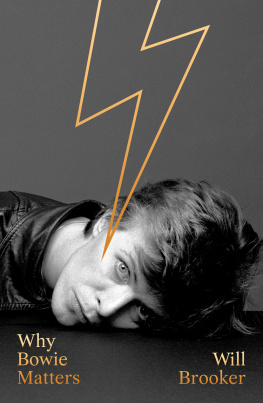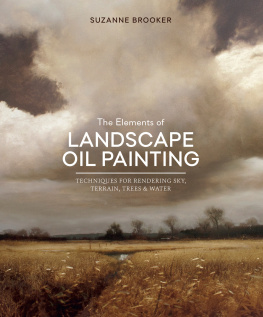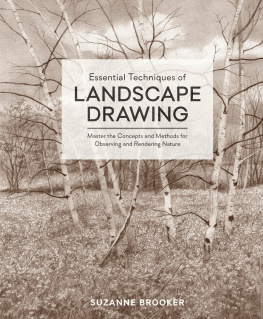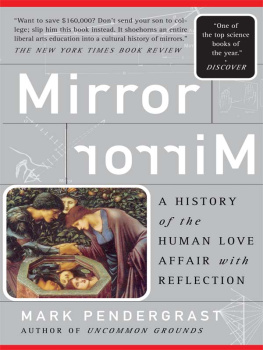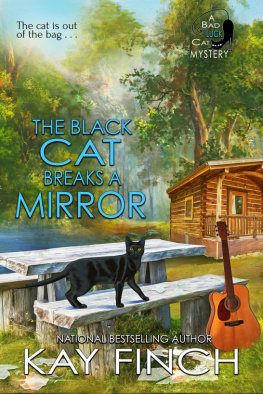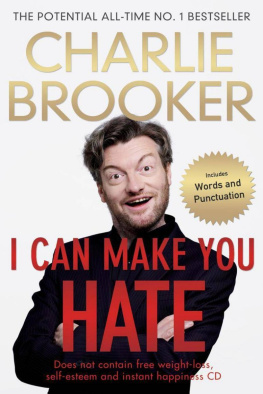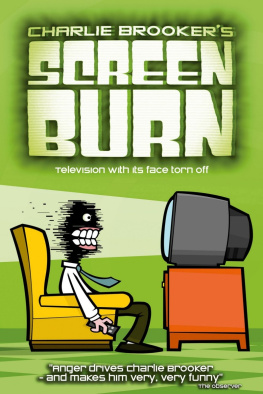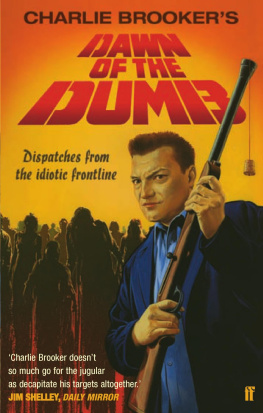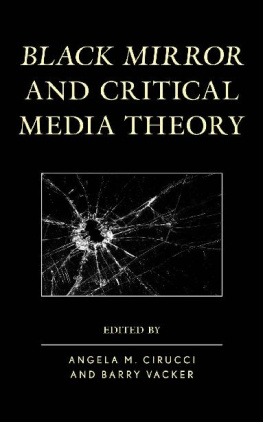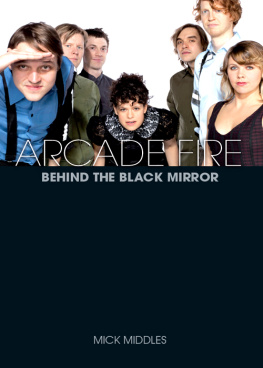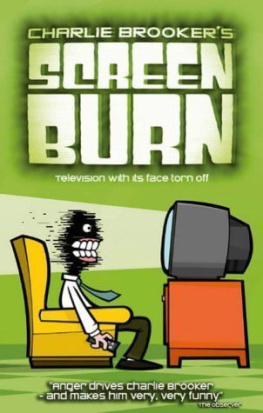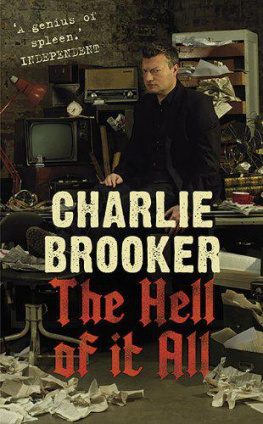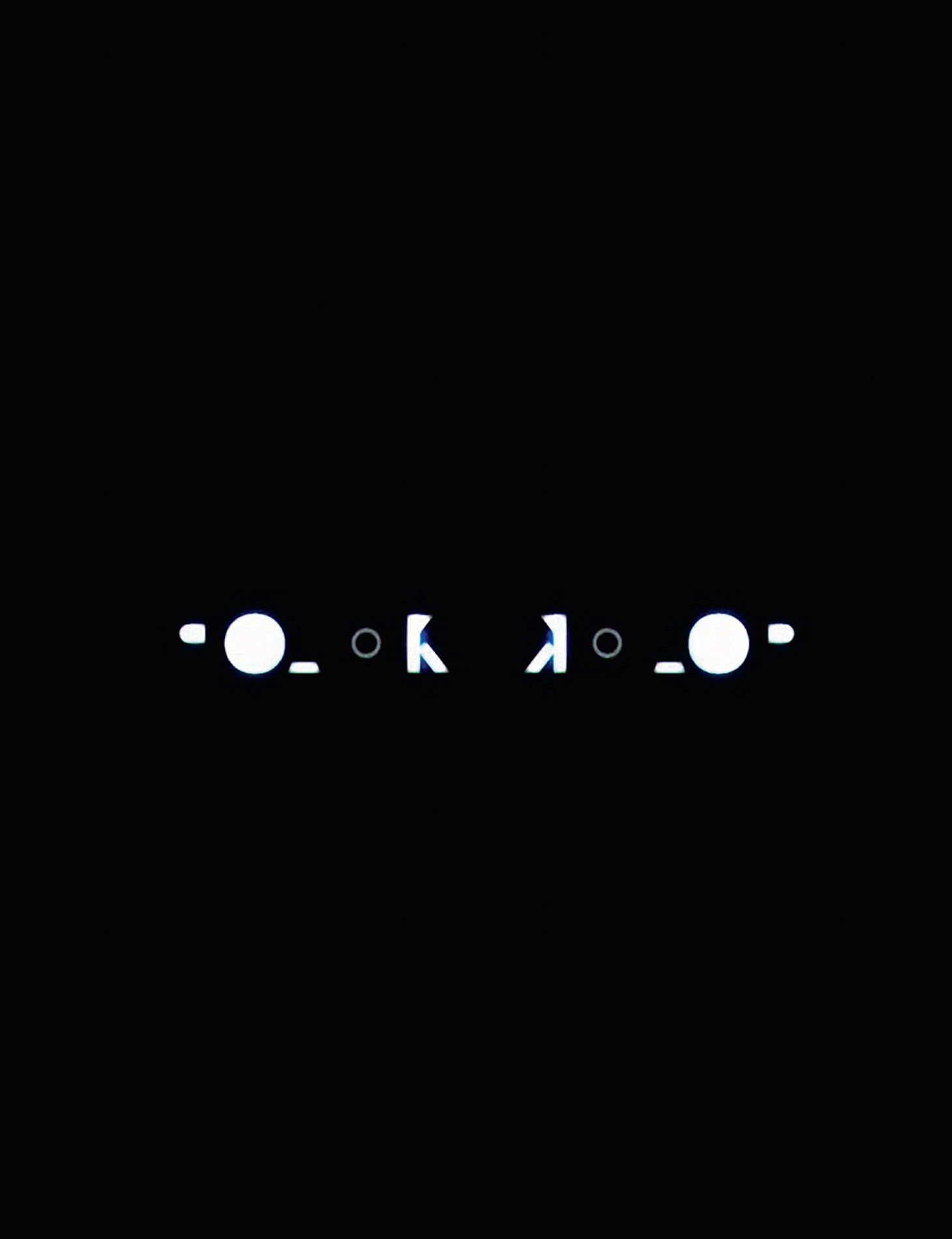
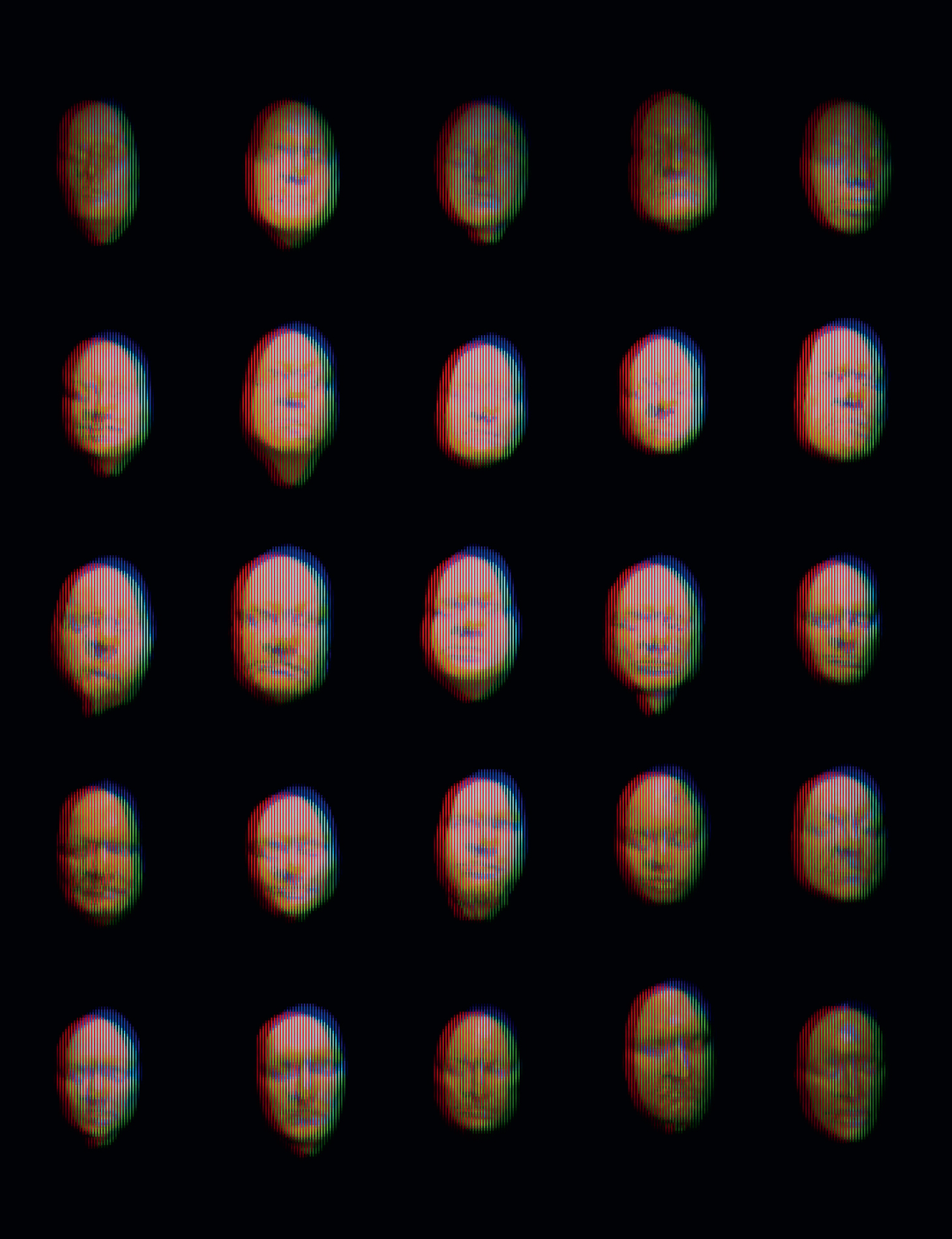
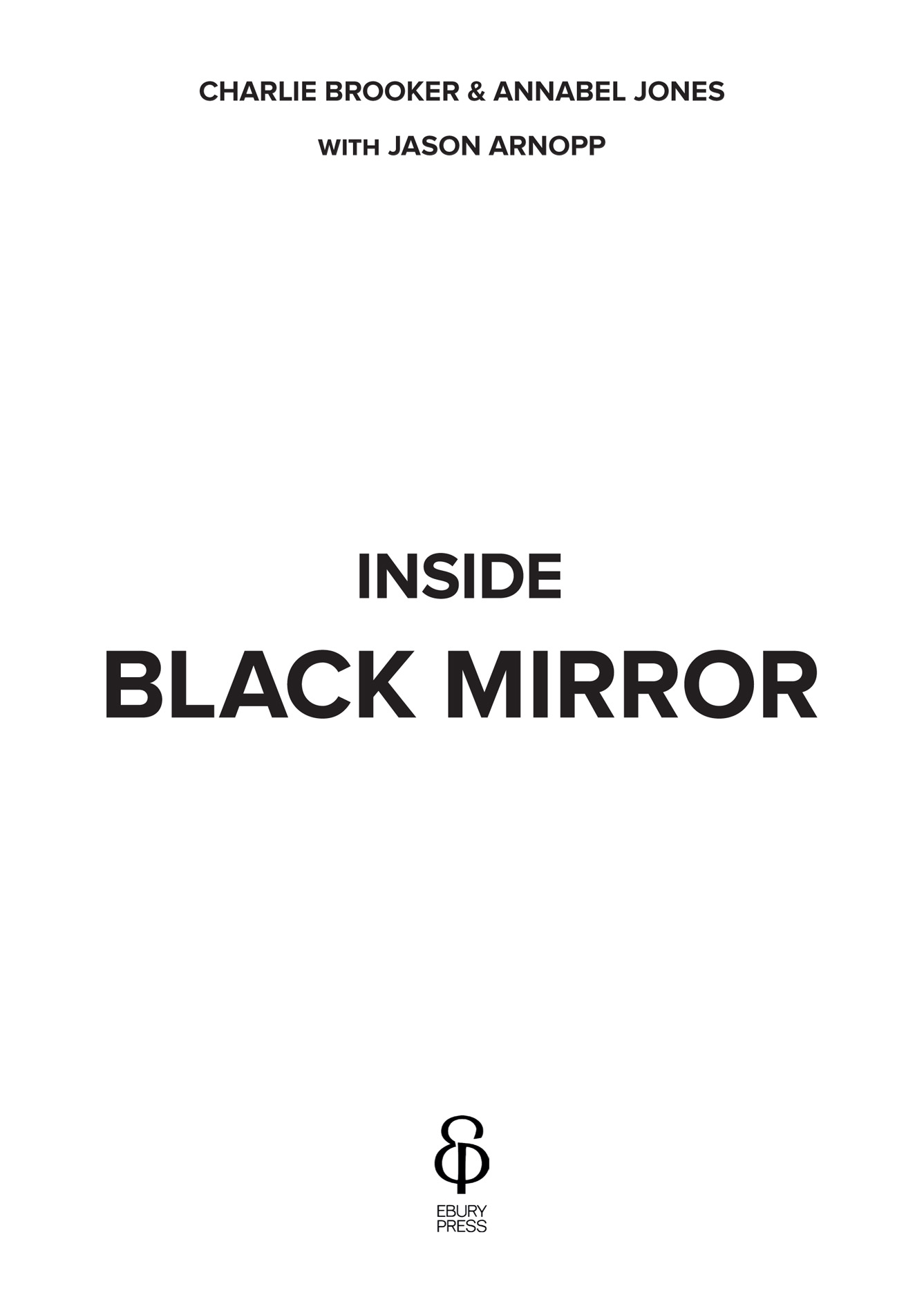
Foreword
Charlie Brooker, executive producer
Doubt. Ive been writing for years, but even now, sitting down in front of a blank page still floods me with crippling doubt. Which is probably why I put off writing this foreword until the publishers wept.
Writing a script involves constantly ignoring a whiny little voice in your head telling you to stop, and attempting to encourage a more cheerful voice urging you to press on. For me the trick is to try to picture the finished film in my head, and describe what Im seeing and hearing. Its a bit like wishing a world into reality. What follows is an oddly magical process in which that imaginary world gradually becomes real, via a series of waypoints the first design sketches, the first read-through, the first day of shooting, the first rough cut. Every one of these events still shocks me a little. Something that only existed in your head now exists in the world, like an imaginary friend suddenly ringing your doorbell.
But then imagination becoming reality seems to be a recurrent theme at the moment. It never fails to surprise me that Black Mirror (or, as Americans call it, Black Meer) has been around for almost a decade now. We started working on it way back in 2010 which, in technological terms, was virtually a different epoch.
In the current era of 24-hour online screaming and Russian disrupt-o-bots, its hard to remember but way back then, in 2010, the general view of technology was still a rosy one. The worst thing anyone said about Twitter was that it was full of people wasting their lunch breaks. Apple launching a new iPhone model still seemed like an exciting proposition, and the Arab Spring was just around the corner, something social media platforms seemed only too happy to take the credit for. Fast-forward to now and suddenly smartphones are twice as addictive and harmful as cigarettes and your timelines full of fascist memes and photographed atrocities.
Its all gone sour. Its all gone a bit Black Mirror, in fact. Which is bad for human civilization, but good publicity for our little TV show. Every cloud, eh? I sometimes wonder if Im well equipped to cope with our terrifying dystopian present because having worked on the show for all this time, Ive already repeatedly experienced what its like when Black Mirror stories slowly manifest themselves in the real world. Not sure thats going to be much comfort when Im being chased across an irradiated landscape by an autonomous robot bum-on-legs with the Facebook logo etched on its perineum and a Make America Great Again hat perched up top, but you cant have everything.
Anyway. This is the story of how we created and continue to puke out Black Mirror, how the scripts were written, the costumes stitched, the footage filmed. Like any production, Black Mirror is a huge team effort. Never trust anyone who mentions auteur theory or discusses a film or TV show as though its the work of one individual. Each Black Mirror film (and we insist on pretentiously considering them films) is the product of months of heavy lifting by literally hundreds of people. In this book youll get to hear from just a few of them. A heartfelt thanks to every single person whos worked on the show, to my co-showrunner Annabel Jones who is too modest (not to mention illiterate) to write a foreword herself, and also to Jason for weaving this book together.
Now, please. Stop reading this bit of the book and start reading the other bits. Go on. Get the fuck off my page.
SERIES ONE
In Conversation
Charlie Brooker executive producer
Annabel Jones executive producer
Shane Allen then Channel 4 Head of Comedy
Barney Reisz producer
Charlie Brooker: So, how did Annabel and I meet? This is like the scene in When Harry Met Sally, when they interview those couples.
Annabel Jones: Yes. Old people who wish theyd never met.
Charlie Brooker: My first memory of Annabel is her mocking me. I was in the [TV production Company] Endemol building on Bedford Square in London, playing the video game Counter-Strike with three other comedy writers, when Annabel came up and took the piss out of us all, for being grown men pretending to be counter-terrorists.
Annabel Jones: At Endemol, my job was to look after its smaller companies, including the comedy label Zeppotron. Sharing a love for counter-terrorism, we all got on and I became managing director. We were making it all up as we went along of course, and then Charlie and I started working together on the Wipe shows that he presented for the BBC.
Charlie Brooker: While working on Channel 4s The 11 OClock Show, I met Shane Allen, who would eventually commission Black Mirror.
Shane Allen (then Channel 4 Head of Comedy): Charlie was one of The 11 OClock Shows topical writers and I was a producer on the topical footage team, so wed cross paths. He was chosen for his work on the website TV Go Home which enjoyed an early following. I got to know Annabel around this time as part of the same social group. Charlie and I worked together on Chris Morriss 2001 Brass Eye special again after that and kept crossing paths. I got the job as Channel 4s comedy commissioner in 2004.
Charlie Brooker: I wrote a 2005 Channel 4 sitcom called Nathan Barley with Chris Morris, which had a really long gestation period. It would also inspire a Black Mirror episode, but well cover that later
Charlie and Annabels transition from comedy to drama began with 2008s Dead Set, which saw a fictional Big Brother house invaded by zombies.
Charlie Brooker: Conceptually, Dead Set sounded like a comedy, with its preposterous conceit. But despite that, we were keen to impress on people that we were going to play it straight.
Annabel Jones: We wanted it to be an uncompromising and credible TV horror show. Big Brother was Endemols biggest show and, being part of Endemol, we hoped we could make Dead Set in an authentic way, with access to the presenter Davina McCall, the Big Brother house, the branding
Shane Allen: In about 2006, Charlie and Annabel had pitched Dead Set to Channel 4 drama, who ultimately passed. So Charlie and Annabel brought it to my attention with a first episode script and series treatment. It was instantly gripping: the core concept was brilliantly irreverent in taking this huge Channel 4 pop culture brand and rooting a genre thriller at the heart of it. Beyond that, the writing was pin-sharp in how it set up the world, nailed the characters and rattled through a page-turning narrative.
I connected with it immediately and was beguiled with the notion of it as a smart contemporary satire on reality TV, as well as a zombie thriller in its own right. Charlie and Annabel had such a clear vision and went to great pains to explain that it wasnt a comedy and it wouldnt be funny. It had to work as a piece of credible and rooted real-life drama and they set me homework to get a sense of tone. I had to watch the 2004 Dawn of the Dead remake, read Cormac McCarthys novel The Road and see [photographer] Gregory Crewdsons profound stills. To this day The Road remains the most affecting and haunting book Ive read thanks for fucking up my world view so fundamentally.
Next page
